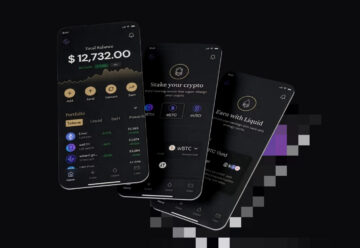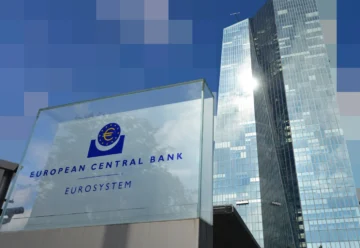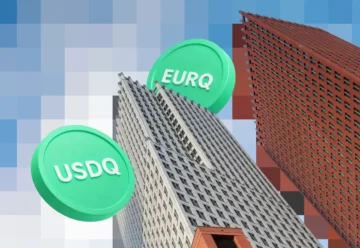Tokenized Assets Market Could Reach $5 Trillion by 2030

Citigroup analysts believe that tokenization of financial and real assets could be a “killer use case” for blockchain.
The research arm of Citigroup, one of the largest multinational financial conglomerates, published a report titled “Money, Tokens, and Games” that predicts the tokenized assets market could reach $4-5 trillion by 2030. Moreover, Citi analysts believe “blockchain’s next billion users” will be attracted by tokenization.
According to the forecast by Citi, out of hypothetical $5 trillion tokenized, $1.9 trillion will come in the form of debt, $1.5 trillion from real estate, $0.7 trillion from private equity and venture capital, and between $0.5-1 trillion from securities.
Researchers think that the highest rate of tokenization adoption should be expected in private equity markets, which will actively use the technology due to such features of tokenized assets as liquidity, transparency, and fractionalization. Citi analysts believe that private equity and venture capital funds will eventually become the most tokenized sector, taking up about 10% of the entire market, with real estate coming in second with a share of 7.5%.
The report cites private equity firms KKR, Apollo, and Hamilton Lane as examples. They’ve already created tokenized versions of their funds on the Securitize, Provenance Blockchain, and ADDX platforms, respectively.
Additionally, tokenization will replace outdated financial infrastructure, giving investors more options in private markets, as the use of DLT eliminates costly approvals, prevents errors in calculations, and greatly speeds up all processes.
However, what is currently lacking for the large-scale adoption of tokenization is an appropriate regulatory framework that would enable the full use of smart contracts and facilitate the development, deployment, and scaling of DLT-based financial innovations.
The broader blockchain adoption also requires:
- the creation of decentralized digital certificates;
- the broad adoption of zero-knowledge proof;
- the development of oracles connected to external data sources;
- the launch of secure cross-chain bridges.
According to Citi, mass adoption of tokenization can be expected within six to eight years. This would be enough time for public and private financial institutions to move from studying the benefits of tokenization to practical development and proof of concept. However, these processes are already underway in some countries. For example, in 2022, the government of the Nigerian state of Lagos announced plans to tokenize agricultural land in the region.











